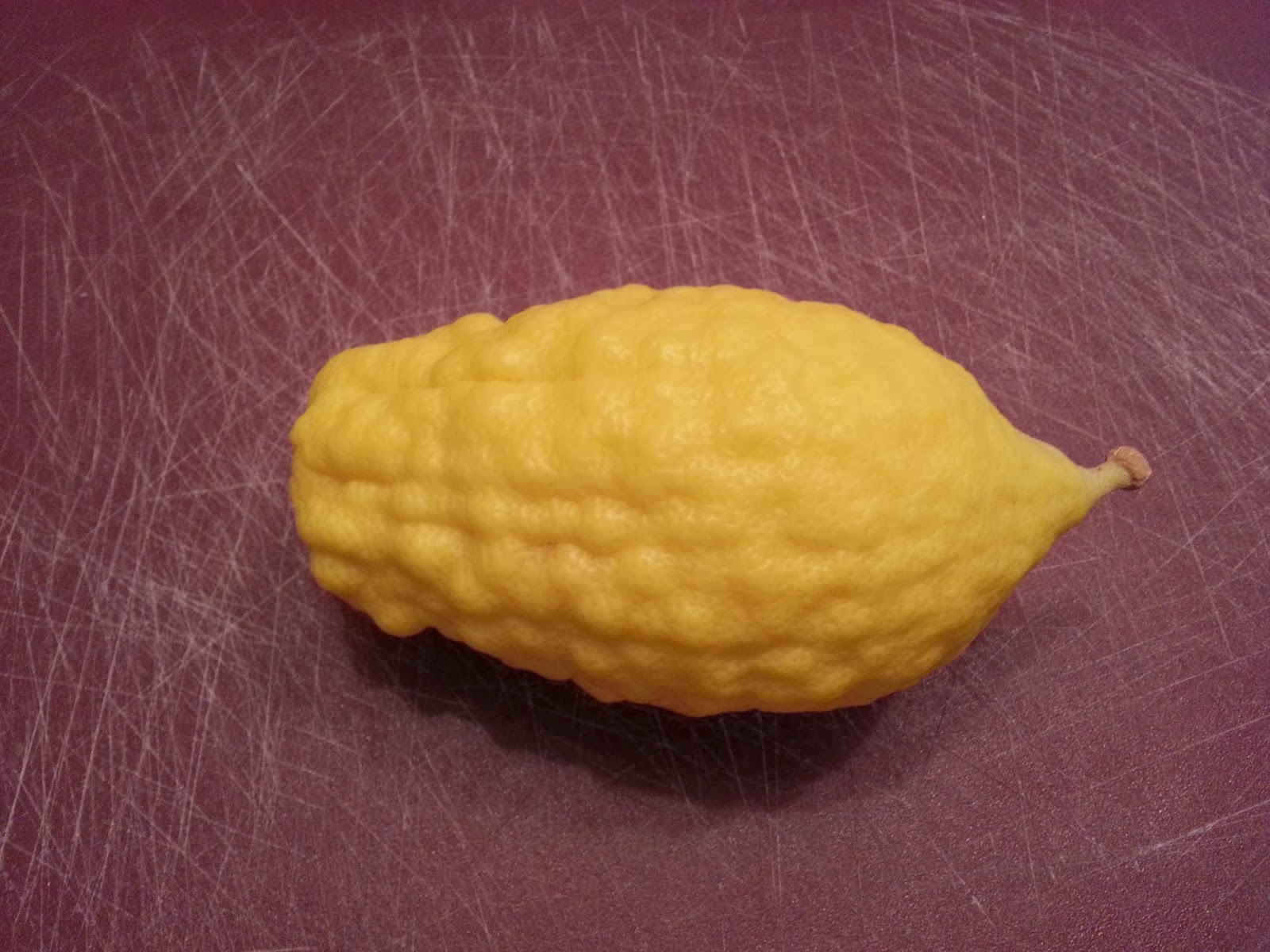“Speak to the Kohanim…” (Vayikra 21:1)
On this Pasuk, Rashi says that the Kohanim were charged, “Lehazir Gedolim Al HaKetanim” to make sure that the adults admonish the children and warn them how to behave. However, the Sefer Be’eres Mayim says that “Lehazir” comes from the word Zohar and means to cause to radiate or shine. I heard from Rav Yitzchok Fingerer shlita that perhaps this means that the most effective way to get children to behave appropriately is not necessarily through strictness and discipline but to shine with love of Torah and Mitzvos and lead by example.
A non-Kohen is called a Zar, which is also the Hebrew word for stranger. What is the relationship that Hashem expects between a Kohen and a Zar? What is the responsibility of a Kohen towards a Zar? The same letters also spell Zer, Hebrew for crown. Perhaps this is to teach us that a Kohen’s objective is to be Mekarev (bring close) a Zar, the non-Kohen and bring him to Teshuvah. The function of a Kohen is to be Mekarev people who feel like strangers (Zar) and crown them with a feeling of royalty (Zer).
Perhaps it is for this reason that the word Zar is the same Gematria (numerical value) of Pidyon Haben, (207). This is because prior to the Pidyon Haben (redemption of the firstborn performed by the Kohen) the child belonged to the Kohen. Now the child has the status of a Zar, which is accomplished through Pidyon Haben. However, the new baby is not relegated to the status of a stranger but rather to royalty as a firstborn.
I would like to share a story that illustrates this point: Rabbi Dr. Avrohom Twerski zt”l tells of how he, as a young boy, once played a game of chess on Rosh Hashanah with a guest who was visiting his parents’ home. When his father, a Chassidic Rebbe found out that young Avrohom played chess on such a holy day (a technically permitted activity that he felt was unbecoming for his child), he called him into his study. He did not reprimand him. Rather, he gently admonished him by saying in Yiddish that “ess passt nisht…” — “I expect more from someone special like you.” At the same, his father, lovingly and with a twinkle in the eye said to his son, “Tell me, did you at least beat him?”








